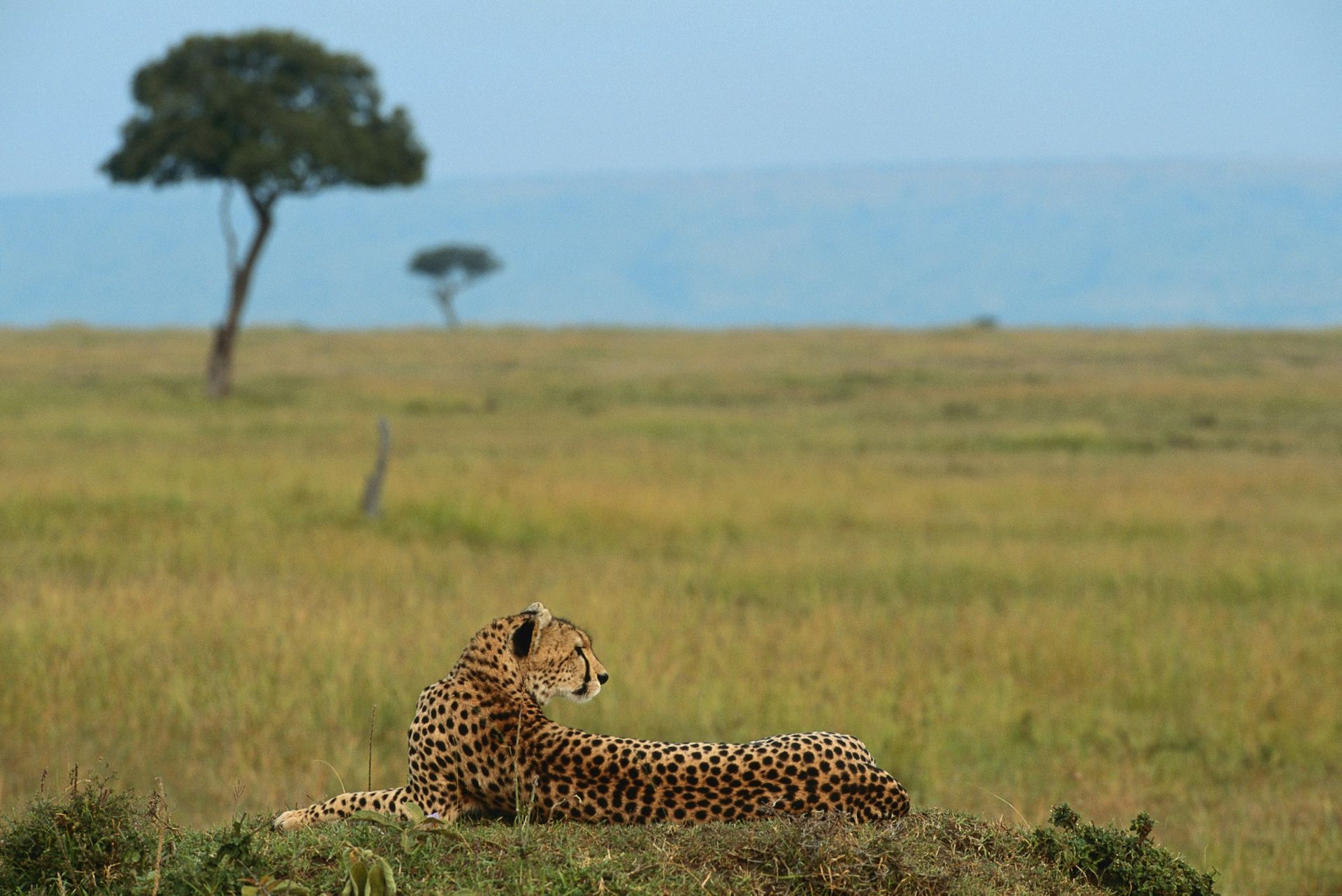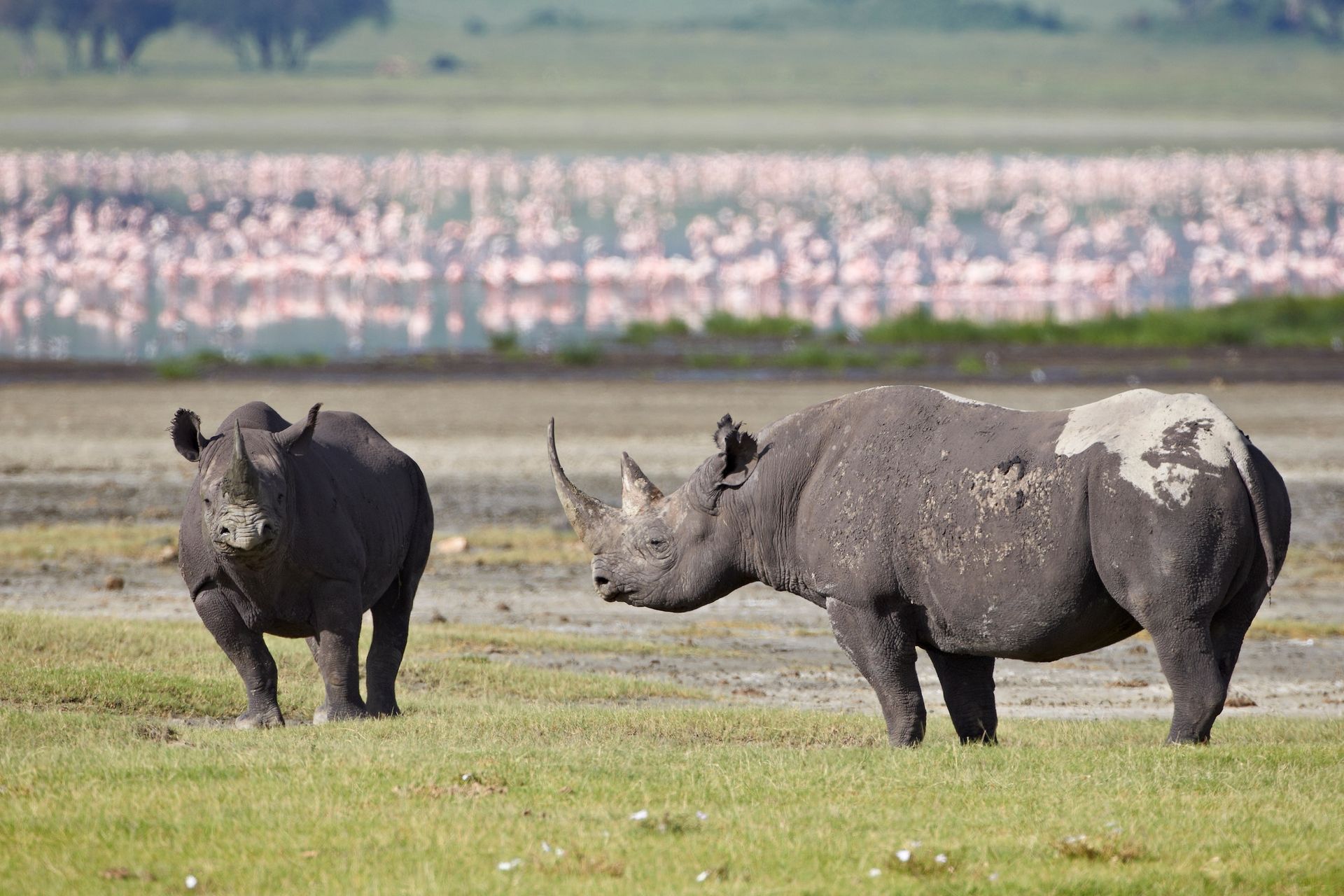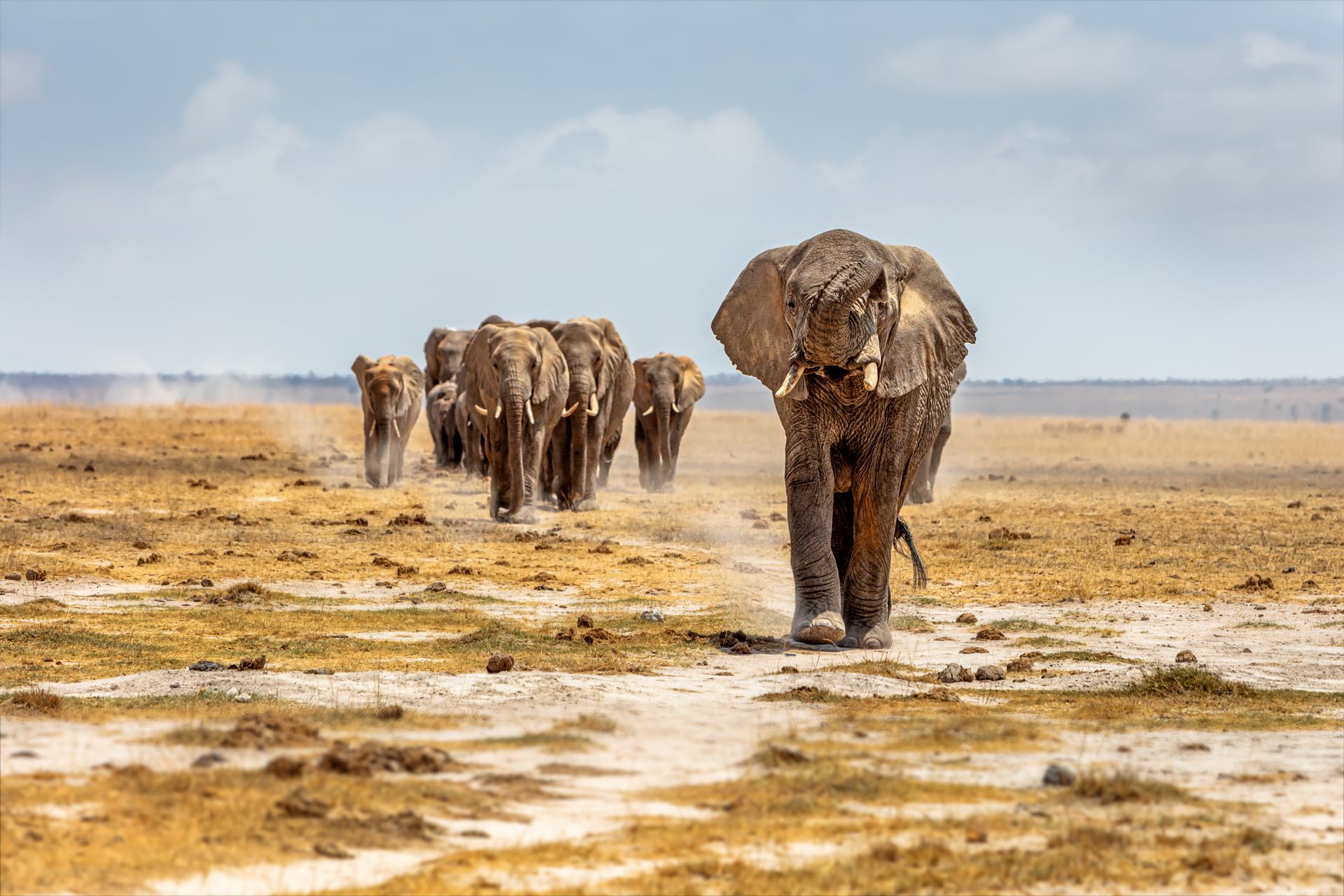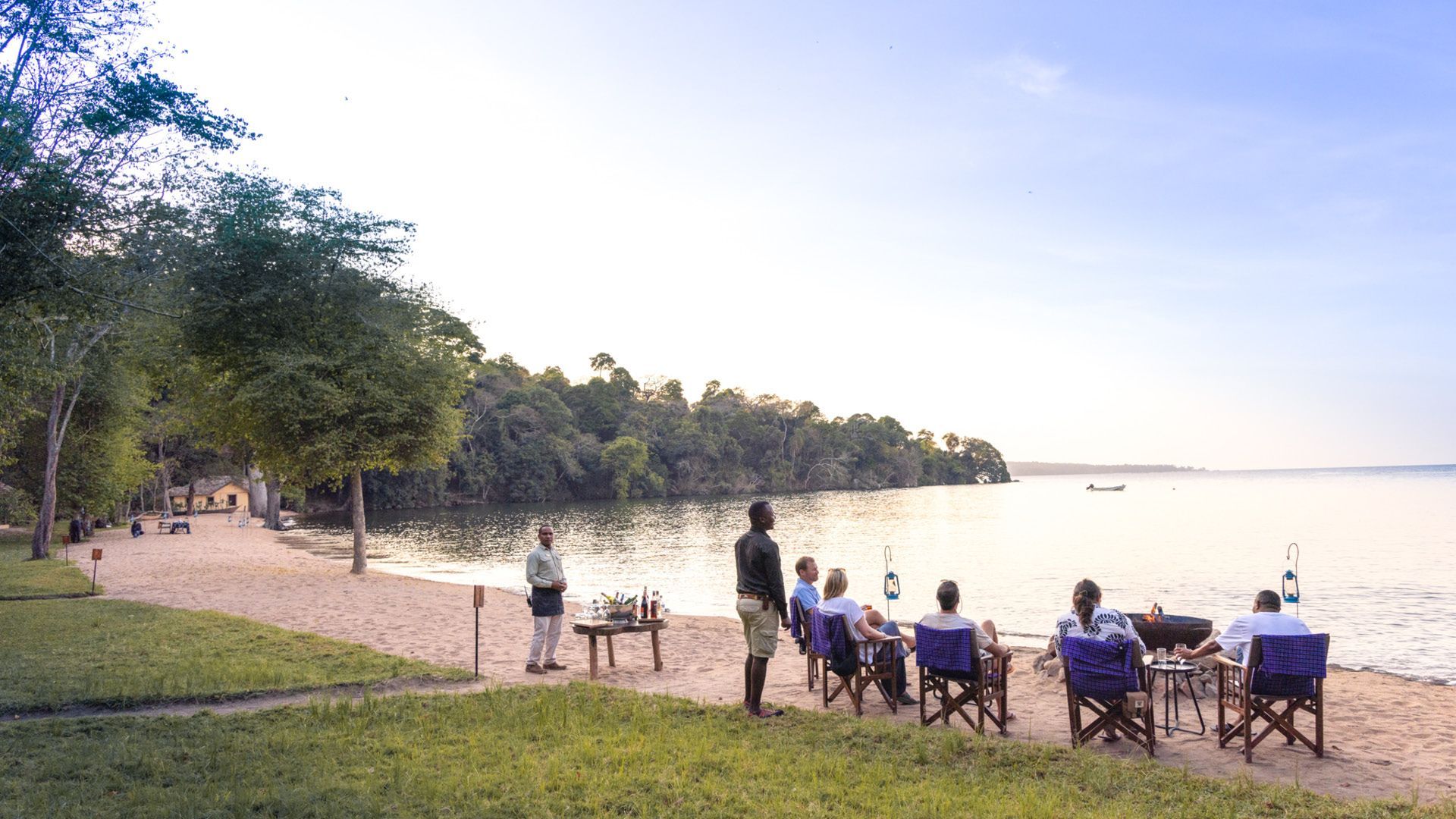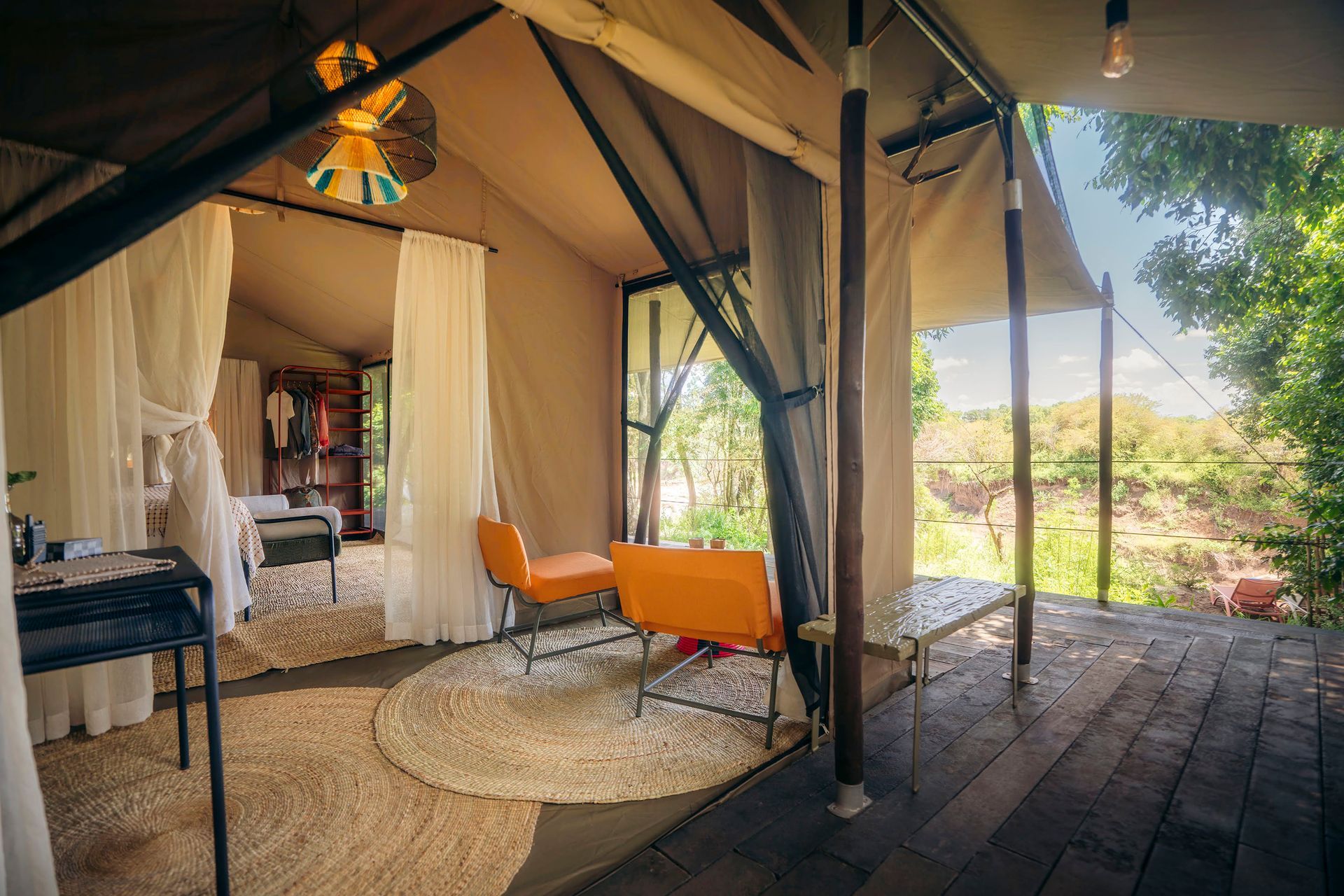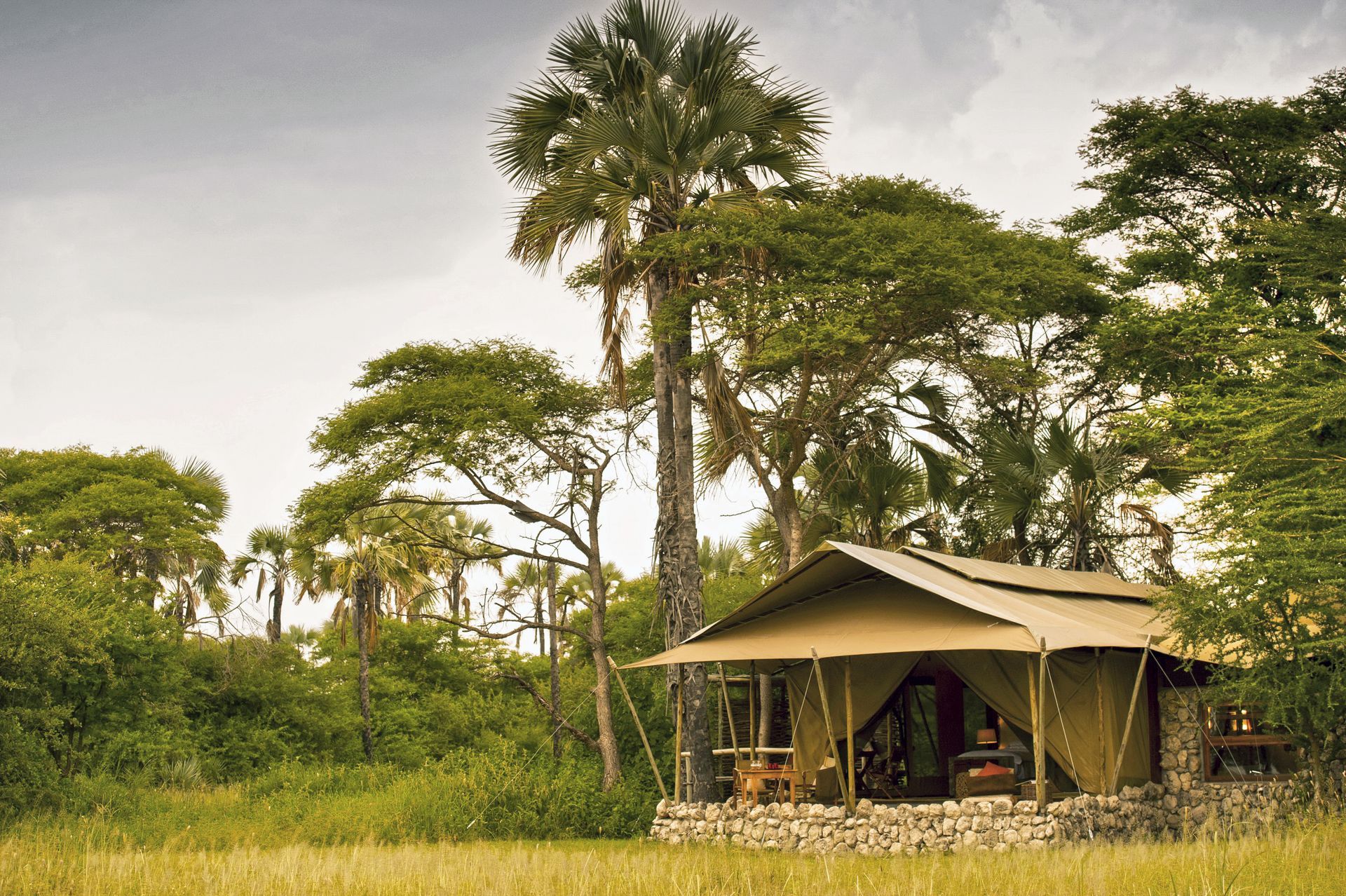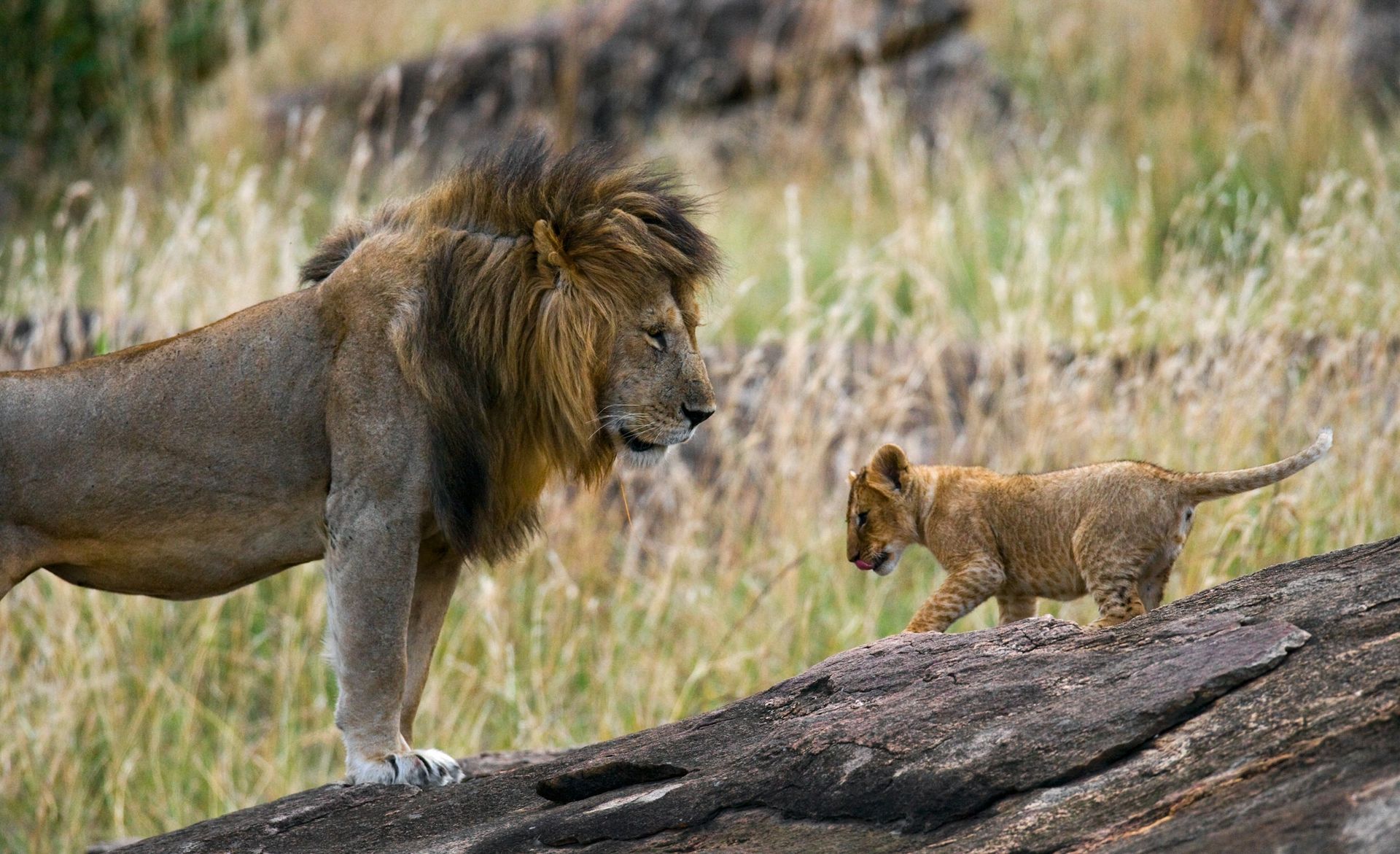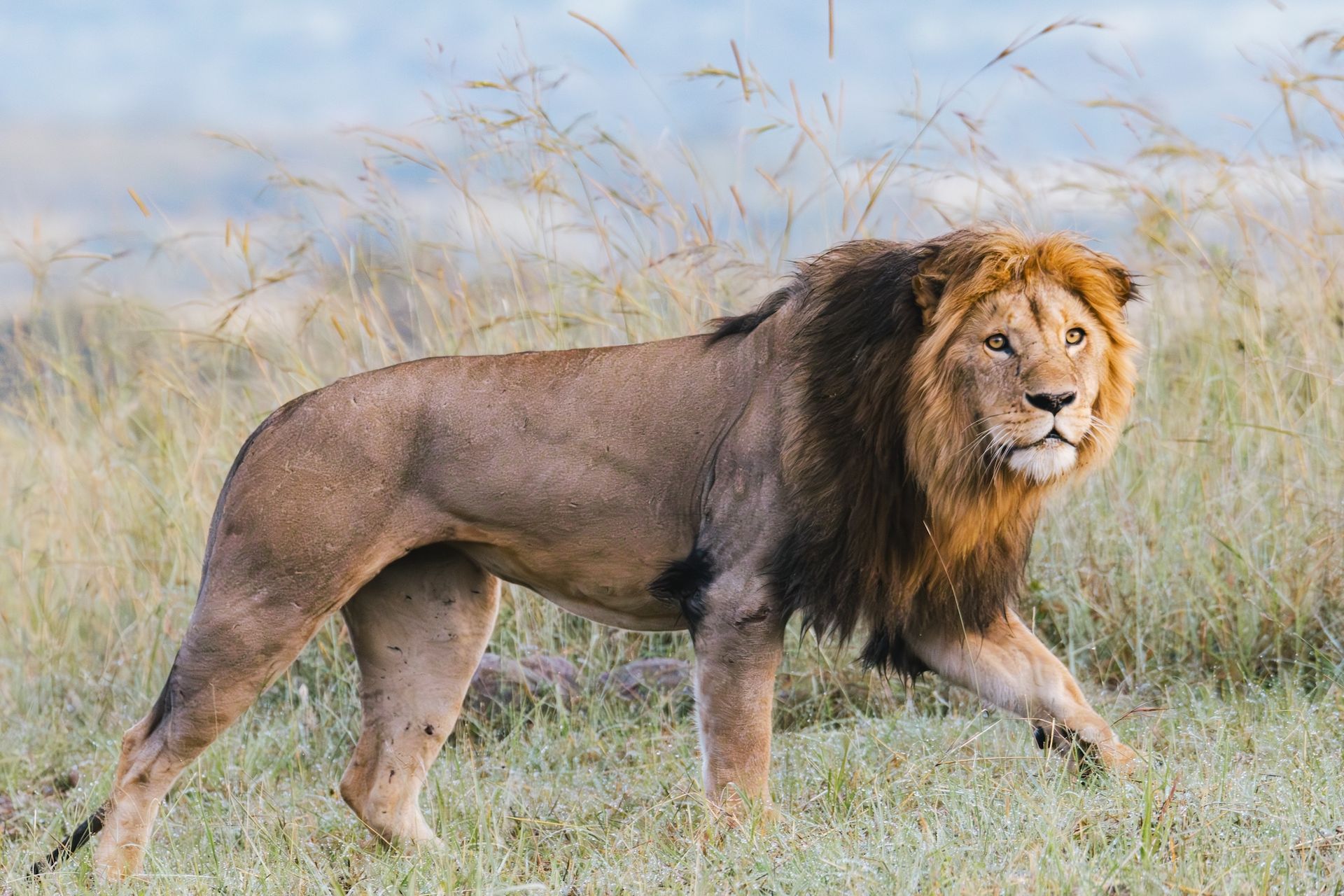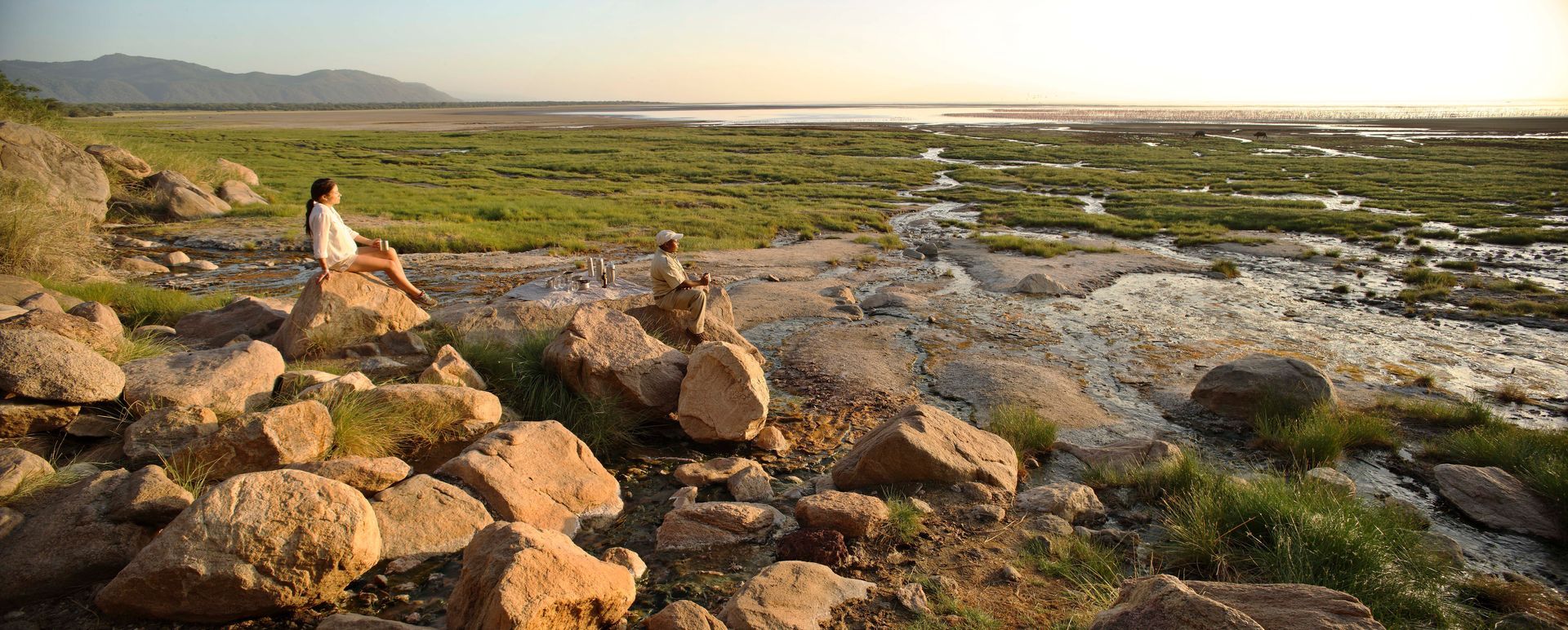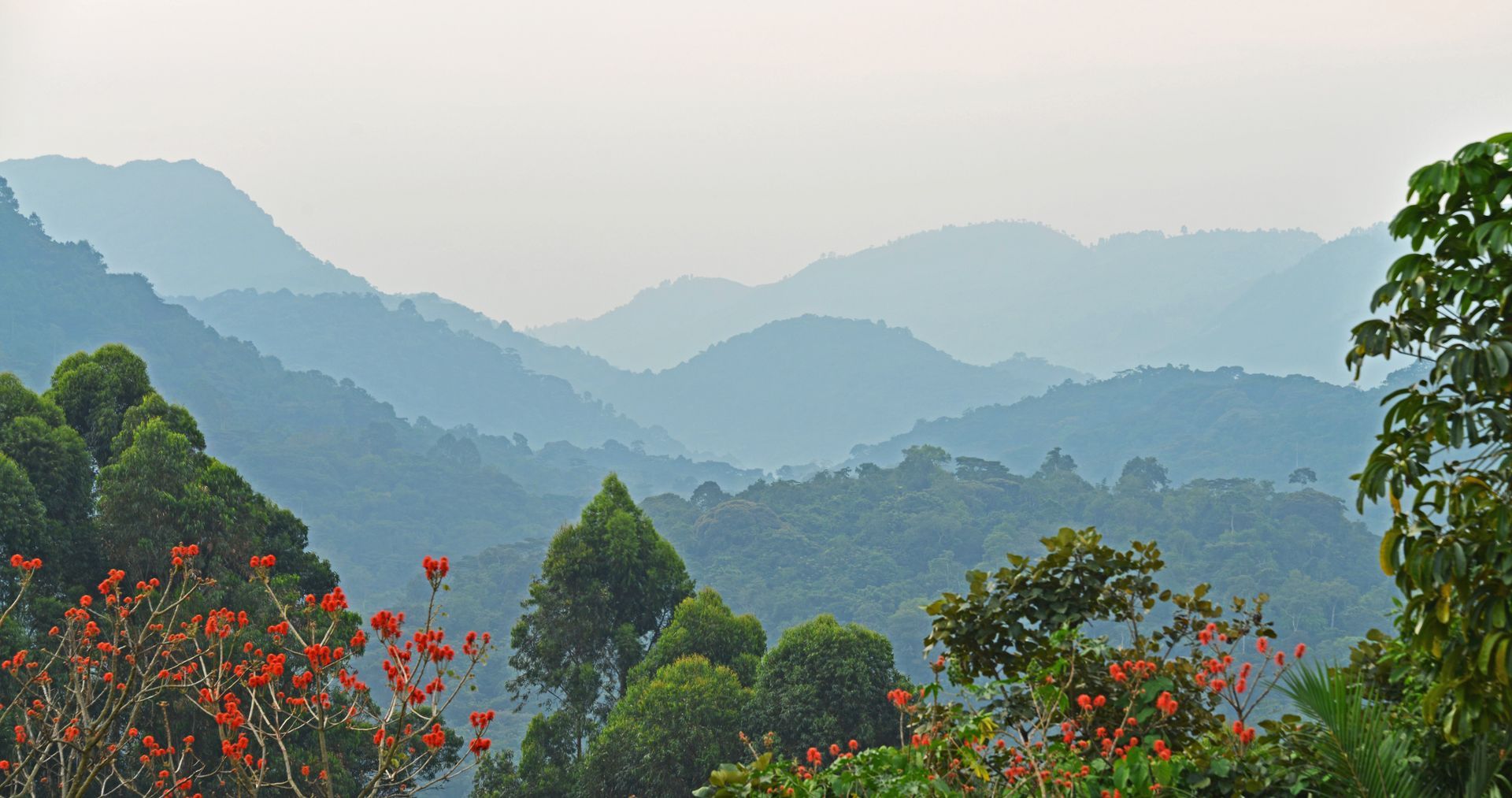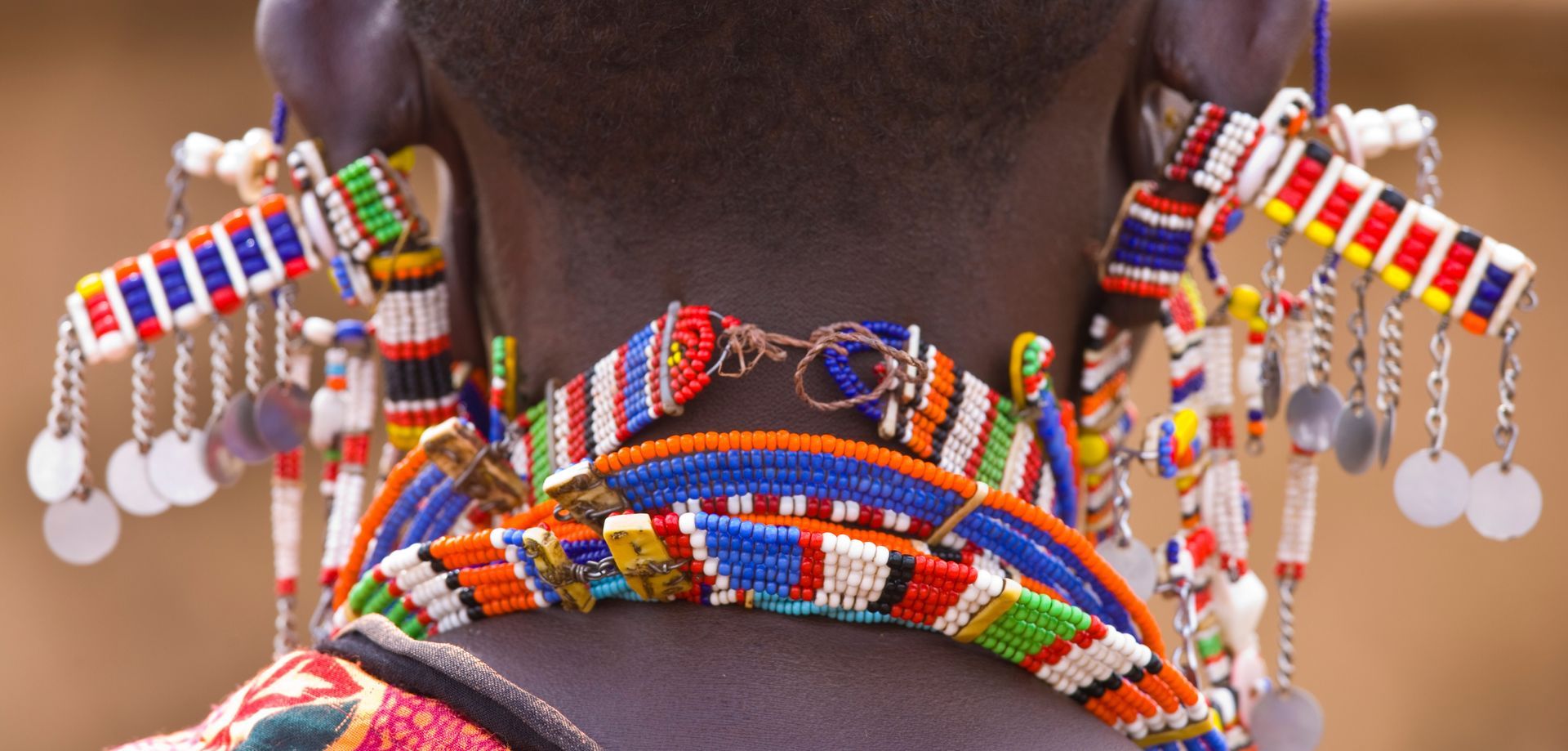The changing face of safari
Modern camps and lodges showcase the future of sustainable travel
Over the past decade or so, safari accommodation in East Africa has evolved dramatically, reflecting changing traveller expectations, advances in sustainability, and a new vision for how we connect with the natural world - one that's based in authenticity and immersion. Let's find out more...
At Anderson & Harvey, our deep experience with East Africa's wilderness has given us a front-row seat to these developments. We’ve witnessed how new camps are redefining what a safari stay means - blending luxury with environmental responsibility, offering guests authentic immersion in the wild, and supporting local communities like never before.
Traditionally, safari camps focused primarily on providing guests with comfort and style after long days in the bush. While luxury remains paramount, today’s camps are raising the bar by embedding sustainability at their core. Many of the newest properties incorporate locally sourced, natural materials - including timber, canvas, and stone - that integrate seamlessly into the environment.
This approach respects the land’s heritage and minimises visual and physical impact. Elevated structures on stilts, open-sided tents, and walkways reduce disruption to vegetation and wildlife movement, a design philosophy that resonates with Anderson & Harvey’s commitment to preserving fragile ecosystems.
Renewable energy is no longer an afterthought but a central feature. Solar panels provide much of the power needed for lighting, charging stations, and camp operations. Batteries and energy-efficient systems enable camps to minimise their reliance on noisy diesel generators, dramatically reducing carbon footprints and enhancing the tranquillity of the wilderness experience.
Water management is also a priority: rainwater harvesting, greywater recycling, and low-flow fixtures help conserve this precious resource. Anderson & Harvey works with camps that embrace these principles, ensuring that our guests enjoy modern comforts while treading lightly on the land.
The demand for genuine connection to the environment has influenced camp size and design. Instead of sprawling lodges, there is a trend towards smaller, more intimate camps with fewer rooms - often no more than eight to 12 tents or suites. This creates a sense of exclusivity and privacy, which many travellers value highly.
The camps we partner with often feature open-air designs that dissolve the boundaries between indoors and outdoors: glass walls, spacious decks overlooking watering holes or plains, and private plunge pools that bring guests closer to nature. These design choices encourage a continuous interaction with the environment and wildlife, reinforcing Anderson & Harvey’s philosophy that a safari is as much about place as it is about animals.
But sustainability and design are only part of the story. Anderson & Harvey takes pride in supporting camps that embed social responsibility into their operations. Many collaborate closely with local communities, ensuring that tourism benefits flow directly into livelihoods, education, and healthcare.
Camps often employ and train local staff, from guiding teams to hospitality roles, fostering economic empowerment while preserving cultural heritage. These relationships are integral to the long-term conservation of East Africa’s wilderness and the wellbeing of its people.
Our guiding teams, many of whom come from local backgrounds, act as vital links between guests and community, sharing knowledge and stories that deepen understanding and respect.
Technological advances have found their place too - carefully balanced so as not to detract from the safari’s natural essence. Most camps now offer Wi-Fi and satellite communications to meet guest expectations for connectivity, yet these amenities are discreetly managed to avoid disturbing the atmosphere.
Solar lighting and battery storage allow for low-impact illumination. Luxuries like spa treatments, gourmet dining prepared with local ingredients, and private chefs have become more common, showing that today’s safari traveller can enjoy modern indulgences alongside rugged wilderness.
Authenticity continues to drive fresh safari experiences. Elevated sleep-out suites perched on stilts or platforms, open-air lounges for star gazing, and firepits overlooking savannahs create memorable settings. Night game drives, bush dinners under the stars, and cultural encounters with local communities are increasingly integrated into itineraries, curated by Anderson & Harvey’s expert team to suit individual guest preferences.
This flexibility and personalised approach are essential in a market where travellers seek unique, transformative journeys.
Looking to the future, the direction is clear: safari accommodation will continue evolving to encompass sustainability, authenticity, and comfort - values that Anderson & Harvey has championed for decades. The camps we recommend reflect this vision, balancing a light environmental footprint with exceptional service and immersive wildlife experiences.
For travel professionals designing itineraries, these developments offer exciting opportunities to meet the expectations of discerning clients while supporting conservation and community development.
Ultimately, our partners exemplify Anderson & Harvey’s philosophy: luxury that respects nature, authenticity that creates lasting memories, and partnerships that empower local people. These are the foundations of responsible safari travel in the 21st century and beyond.
